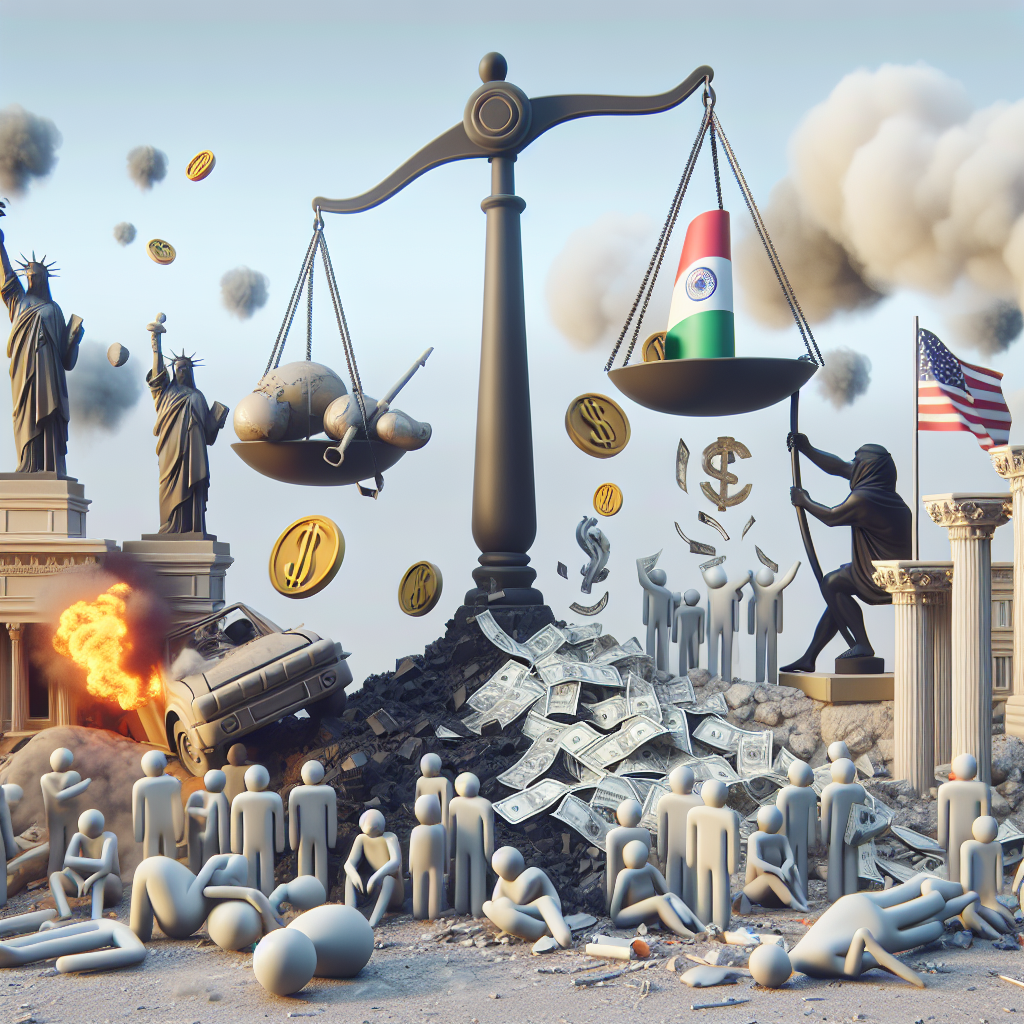Understanding the Impact of War and Sanctions on Syria’s Economy
Understanding the Impact of War and Sanctions on Syria’s Economy
The Devastating Effects of War
The ongoing conflict in Syria has severely crippled its economy, leading to widespread poverty and infrastructure destruction. The war has disrupted daily life and economic activities, causing a significant decline in GDP and living standards.
- Destruction of infrastructure, including roads, hospitals, and schools.
- Mass displacement of people, leading to a loss of workforce and talent.
- Severe decline in industrial and agricultural production.
The Role of International Sanctions
International sanctions have compounded Syria’s economic woes, targeting key sectors and limiting the country’s ability to engage in global trade. These sanctions aim to pressure the government but have also had unintended consequences on the civilian population.
- Restrictions on oil exports, a major revenue source for Syria.
- Limited access to international financial systems, hindering trade and investment.
- Increased difficulty in importing essential goods, leading to shortages and inflation.
Humanitarian and Economic Challenges
The combination of war and sanctions has created a dire humanitarian situation, with millions in need of aid. The economic challenges are immense, with high unemployment rates and a depreciating currency exacerbating the crisis.
- Over 80% of the population living below the poverty line.
- Hyperinflation eroding purchasing power and savings.
- Dependence on international aid for basic needs.
Path to Recovery
Despite the challenges, there are potential pathways to recovery. International cooperation and a focus on rebuilding infrastructure and institutions could help stabilize the economy and improve living conditions.
- Engagement in peace talks to end the conflict.
- Gradual lifting of sanctions contingent on political progress.
- Investment in reconstruction and development projects.
Conclusion
The impact of war and sanctions on Syria’s economy is profound, with long-lasting effects on its people and infrastructure. Addressing these challenges requires a multifaceted approach, combining diplomatic efforts, economic reforms, and international support to pave the way for recovery and stability.






































